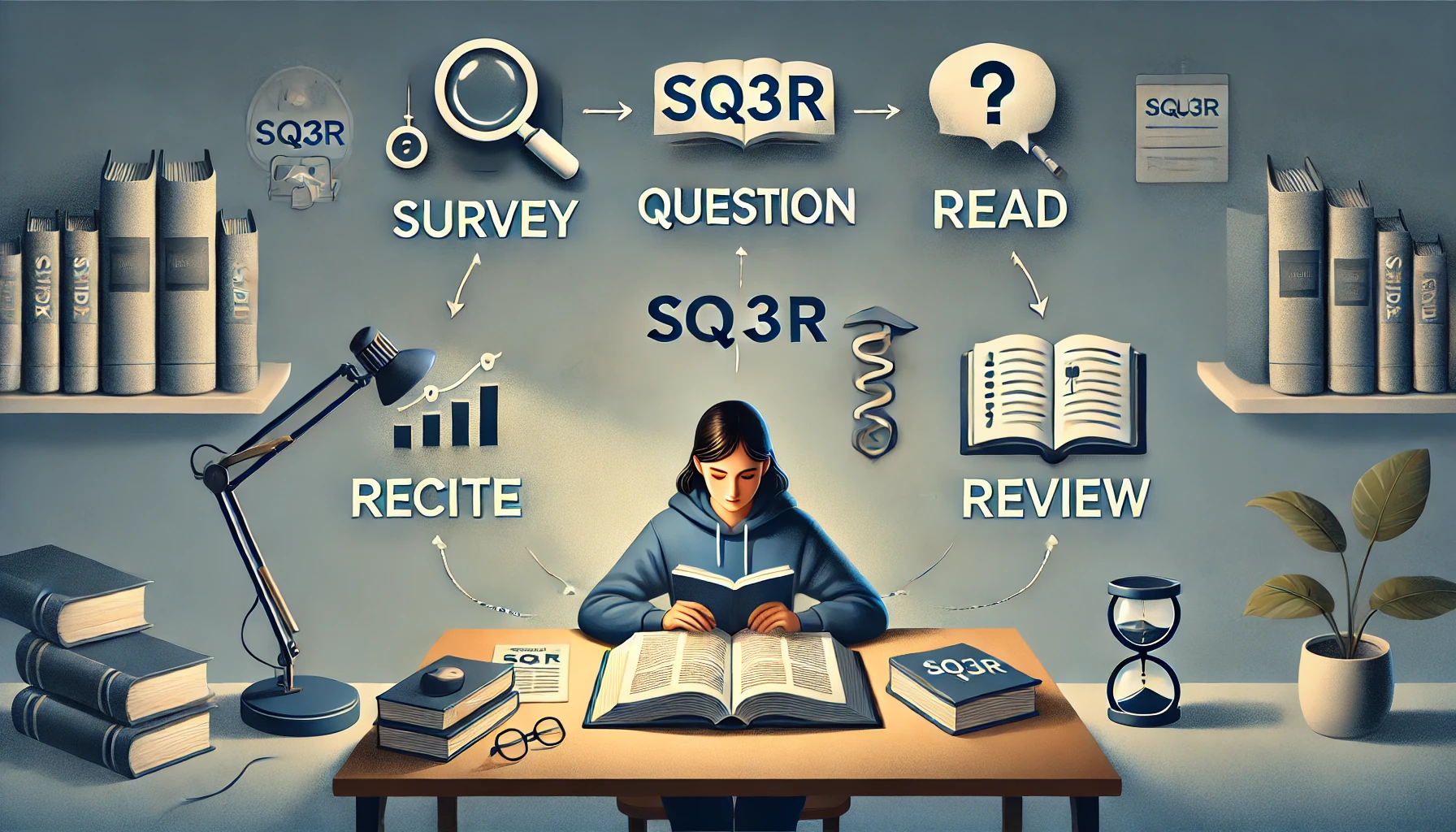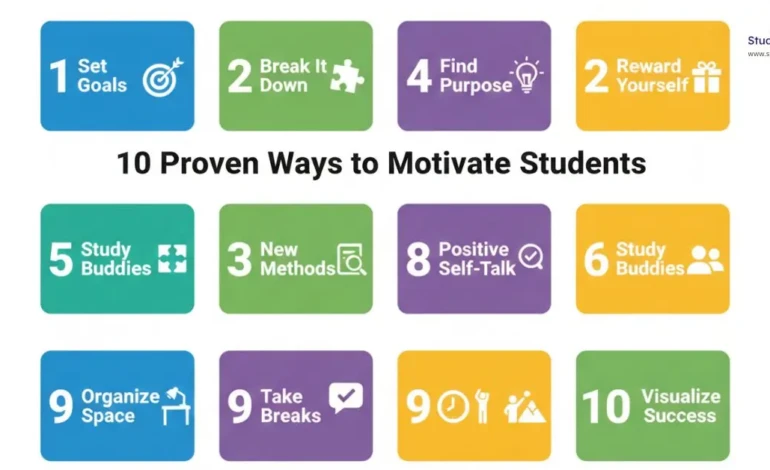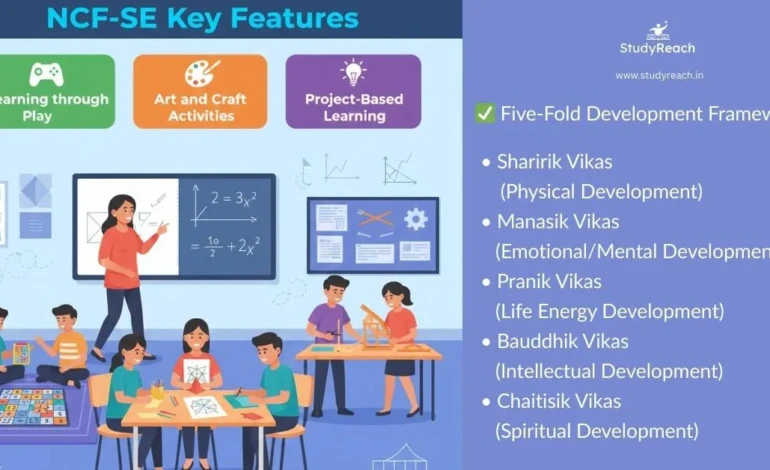21st Century Parenting: Principal’s Perspective
Shailendra Porwal
- August 26, 2024
- 6 min read
- 164 Views

I get to interact with a lot of parents every day in my role as principal. I have seen a marked change in parenting approaches over the years, particularly in the 21st century. Though it’s normal and admirable to want to offer our kids the best, it’s important to consider how this will affect their development.

The Pressure of Perfection
Many parents nowadays feel compelled to provide their kids the finest of everything, whether it’s experiences, clothes, technology, or education. In smaller families, the emphasis on one or two kids frequently results in a strong drive to achieve better than others. Sayings like “My child has to have the best watch” or “My child should stand out in comparison to others” are frequently heard from parents. While there is nothing wrong with wanting the best for our children, we must be cautious of the consequences.
Overindulgence can lead to a sense of entitlement and unrealistic expectations. Children may come to expect that everything will always be handed to them, without understanding the value of effort or the reality of limitations. Instead of simply providing everything on a silver platter, parents should instill the importance of dreaming big and working hard to achieve those dreams. It’s crucial to teach children that while parents can provide opportunities and support, success and fulfillment come from their own efforts and determination.

They need to understand the value of money and that their achievements should be the result of their hard work, not just the privileges they are given. Without this understanding, children may lack motivation and fail to develop their own aspirations, relying too much on the safety net provided by their parents. This approach is not conducive to building a strong, independent character.
The Role of Early Education
The belief that placing a child in a top-tier school will instantly make them a model student is one of the most startling themes I’ve observed. It’s a common misconception among parents that a child’s education starts at home. First lessons are taught by watching how parents behave and interact with one another; parents are the first teachers.
Allow me to tell you a story to help you understand this. One day, a worried parent came into my office to discuss their child’s development. The young person entered the room and stood as a respectable member of the group during our meeting. Even though the child was clearly uncomfortable sitting in front of the principal, the parent persisted, saying, “Sit down, sit down,” over and over again. This brief exchange showed how parents may unknowingly damage the values of discipline and respect that we work so hard to instill in our children. Furthermore, there is a gap between expectation and practice when parents communicate to their kids in their native tongue while still expecting them to become fluent in English.
The Consequences of Overreaction
Parents in today’s world frequently respond to their children’s complaints without fully understanding the situation. For example, parents may quickly place the blame on the school or teachers when their child exhibits behavioral or academic difficulties rather than looking for the underlying reason. Concerned parents calling to say, “My child is in depression because the teacher is teasing him,” is a typical occurrence. However, these calls often ignore the possibility that the problem may be the result of miscommunications or the child’s own behavior.
A child was having difficulty keeping up with the class in one occasion. The parents immediately believed that the school was to blame, even though the institution made an effort to assist the student. They became impatient when there were no visible results right away and demanded more resources, homework assignments, and frequent updates. This kind of overreaction puts the youngster under unnecessary stress and can produce a tense atmosphere that impedes rather than advances their development.
Technology and Parenting
The over-reliance on technology to control kids’ conduct is a serious worry. Parents frequently give their kids a smartphone or tablet to occupy them while they talk about crucial issues. Although practical, this approach may cause long-term problems with focus, social engagement, and even academic achievement.
I remember a situation where a parent was taken aback by their child’s unsatisfactory academic standing. After further examination, it became clear that the child was using their iPhone/smartphone excessively and for recreational rather than instructional purposes. The parent thought that all schoolwork was being done on the phone, which was untrue and uninformed of the school’s actual procedures.
Finding Balance in Parenting
In conclusion, parents must keep a balanced viewpoint even though it is natural to desire the best for our children. Excessive pampering and excited responses to every request and grievance may have unexpected consequence. Rather, parents ought to concentrate on instilling in their kids the importance of hard work, deference, and order. They ought to understand how crucial it is to base their expectations on their child’s actual ability and set reasonable boundaries.
We can assist our children in growing into well-rounded people who understand the importance of respect and hard work by providing thoughtful guidance and establishing reasonable boundaries. Together, parents and educators may raise children who are not just successful intellectually but also emotionally stable and socially conscious.
A Final Thought for Parents
As parents, it’s essential to focus on your child’s future, not just their present comfort. Remember, today’s comfort can lead to tomorrow’s pain, while today’s pain and effort can pave the way for future comfort and success for both your child and yourselves. Encourage your children to step out of their comfort zones, face challenges, and learn the value of perseverance. In the long run, this approach will help them build resilience, independence, and a strong foundation for a successful and fulfilling life.
FAQ
What is the main focus of the article?
The article focuses on modern parenting, highlighting the challenges and consequences of overindulgence and the pressure to provide the best for children. It emphasizes the importance of teaching children the value of hard work, responsibility, and the reality of limitations.Why should parents avoid overindulgence?
Overindulgence can lead to a sense of entitlement in children, making them expect everything to be handed to them without effort. This can hinder their ability to work hard, develop aspirations, and understand the value of money and effort.What suggestions does the article offer to parents?
The article suggests that parents should focus on their child’s future rather than just their present comfort. It advises parents to encourage their children to dream big, work hard, and step out of their comfort zones to build resilience and independence.How does the article suggest parents handle their child’s expectations?
Parents are encouraged to explain the importance of effort and determination, helping children understand that while parents can provide support, true success comes from their own hard work and perseverance.What is the significance of teaching children the value of money?
Teaching children the value of money helps them appreciate the effort required to earn it. This understanding can motivate them to work hard for their achievements rather than relying solely on parental support.















